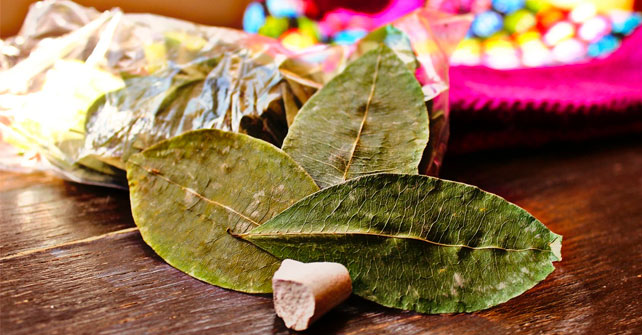Igor Domsac | July 14, 2025
Since the mid-20th century, traditional practices involving coca leaves have been restricted by the international drug control regime, following their inclusion in Schedule I of the 1961 Single Convention, promoted by a WHO report influenced by cultural and racial prejudices. Although a UN commission recognized as early as 1950 that coca chewing did not cause dependence, the WHO recommended its inclusion in Schedule I of the 1961 Single Convention, on the same level as cocaine, a classification that was adopted by the UN Commission on Narcotic Drugs. This decision—based on a profound ignorance of its ancestral uses—led to national policies of crop eradication and criminalization of traditional practices in Andean indigenous communities that have used the plant for centuries for ritual, nutritional, and medicinal purposes.
Bolivia promotes change with regional support
In June 2023, Bolivia submitted a comprehensive dossier to the United Nations questioning the continued inclusion of the coca leaf in the most restrictive control regime. The documentation, which runs to more than 400 pages, argues that there is no scientific evidence to support the dangerousness of ingesting the leaf in its natural form, and highlights its benefits in cultural and health contexts. This effort builds on the country’s 2013 re-entry into the Single Convention with a reservation allowing traditional use within its territory. Colombia has expressed its support for this review, thus broadening the political front in favor of destigmatizing practices involving this plant.
In March 2024, the WHO announced the formal opening of a “critical review” of the coca leaf, to be conducted by its Expert Committee on Drug Dependence. This is an unprecedented technical and scientific process, which will analyze data on chemistry, toxicology, pharmacology, epidemiology, and traditional uses. The call for contributions is open until August 14 for academics, Indigenous peoples, and governments to contribute evidence and arguments. This procedure could culminate in October 2025 with a recommendation to reclassify or review the status of the coca leaf within the international control regime.
Indigenous rights at the center of the debate
Beyond the technical aspects, this review represents an opportunity for the international system to recognize the historical damage caused to Andean indigenous peoples. Organizations such as the IDPC and the Transnational Institute (TNI) insist that the ban has violated rights recognized in instruments such as the UN Declaration on the Rights of Indigenous Peoples and ILO Convention 169. UN rapporteur Francisco Cali Tzay has warned that the inclusion of the coca leaf in Schedule I constitutes a denial of these peoples’ right to development, cultural identity, and health.
While the review progresses in the diplomatic sphere, another front of discussion is opening up in Bolivia: the urban and modern commercialization of coca leaf derivatives. Products such as “coca machucada,” mixed with baking soda and artificial flavorings, are gaining popularity among urban youth, but they remove the plant from its ritual and symbolic context. Experts have expressed concern about the possible adverse effects of these unregulated products, such as mouth irritation or even cancer risk, which are not attributable to the leaf itself, but to the additives incorporated into them.
An opportunity to correct the course
The process led by the WHO does not seek to legalize cocaine usage or eliminate controls on its trafficking, but rather to restore the balance between science, human rights, and cultural diversity. If the coca leaf is reclassified or removed from the current regime, it would set a precedent for other unfairly stigmatized traditions, such as ayahuasca or psilocybin mushrooms, which share a similar history of criminalization of their traditional uses without scientific evidence. The outcome of this review could mark a turning point in the relationship between indigenous peoples and the international drug control system.
Categories:
Noticias
, NEWS
, HUMAN RIGHTS
Tags:
Human Rights
, traditional medicine
, law
, coca
, Colombia
, Comisión de Estupefacientes
, CND
, Bolivia
, usos tradicionales

